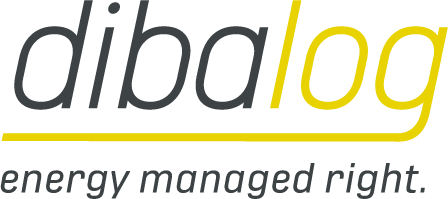Promote energy efficiency: Promoting energy and demand management
Advantages of demand management funding
Eligible for funding with dibalog systems - for greater efficiency and sustainability
The certified load and energy management systems EOS and EAS from dibalog meet the requirements of the BAFA funding guidelines of the Federal Ministry for Economic Affairs and Energy. This allows companies to make targeted investments in modern technologies - and benefit from attractive state subsidies at the same time.
The funding not only means considerable financial relief when introducing or expanding energy management solutions. It also contributes to long-term technological modernization, increased efficiency and climate protection - with tangible benefits for companies, the environment and society.
The key benefits at a glance
More than just financial help: systematically increasing energy efficiency
Financial support: Significant reduction in initial investment through subsidies or low-interest loans.
Technological modernization: Access to advanced control technology and analysis tools for energy optimization.
Operational efficiency: Reduction of energy costs and stabilization of supply through intelligent load balancing.
Environmental protection: Reduction of CO₂ emissions through targeted demand management and more efficient energy use.
Future security: Flexibility for future market changes and legal requirements in the energy sector.
Promotion process: how it works
From application to verification - step by step to the grant
Application procedure: Submission of a funding application with project description, technical data and savings forecasts.
Approval and implementation: After a positive review, funding is approved - the project can begin.
Control and verification: After completion, the funds used must be verified and savings documented.
The combination of demand management subsidies with other efficiency measures is particularly effective in order to bundle investments in a targeted manner and maximize the overall benefit.
Who benefits from the funding
Target groups at a glance - potential for many sectors
The BAFA funding is aimed at a wide range of recipient groups:
Industrial companies: Particularly suitable for companies with high energy requirements, such as production or logistics sites.
Public institutions: Schools, clinics and administrations with structured energy management requirements.
Energy suppliers: Promotion of system introduction for customers to ensure grid stability.
Construction and real estate industry: Integration in new buildings or energy-efficient renovations to increase value.
.
Six steps to successful funding
How to secure your support - systematically and comprehensibly
Information gathering: Check available programs at federal and state level.
Project planning: Draw up a structured plan with details of measures and cost estimates.
Application: Submit all technical and economic documents in full.
Approval: After checking, you will receive the funding approval.
Project implementation: Start with the implementation and document every step.
Reporting: Provide evidence of costs, savings and project progress.
A carefully prepared application significantly increases the chances of success and ensures that all measures are implemented in line with funding requirements.
Conclusion: funding as an opportunity for modernization
Use government funding intelligently - with dibalog at your side
Government funding for energy and load management systems offers companies the opportunity to improve their energy efficiency in a targeted manner, reduce operating costs and protect the environment at the same time. With the EOS and EAS systems from dibalog, you can rely on proven solutions that meet all the requirements of the subsidy guidelines.
"With intelligent funding for an intelligent energy future."

